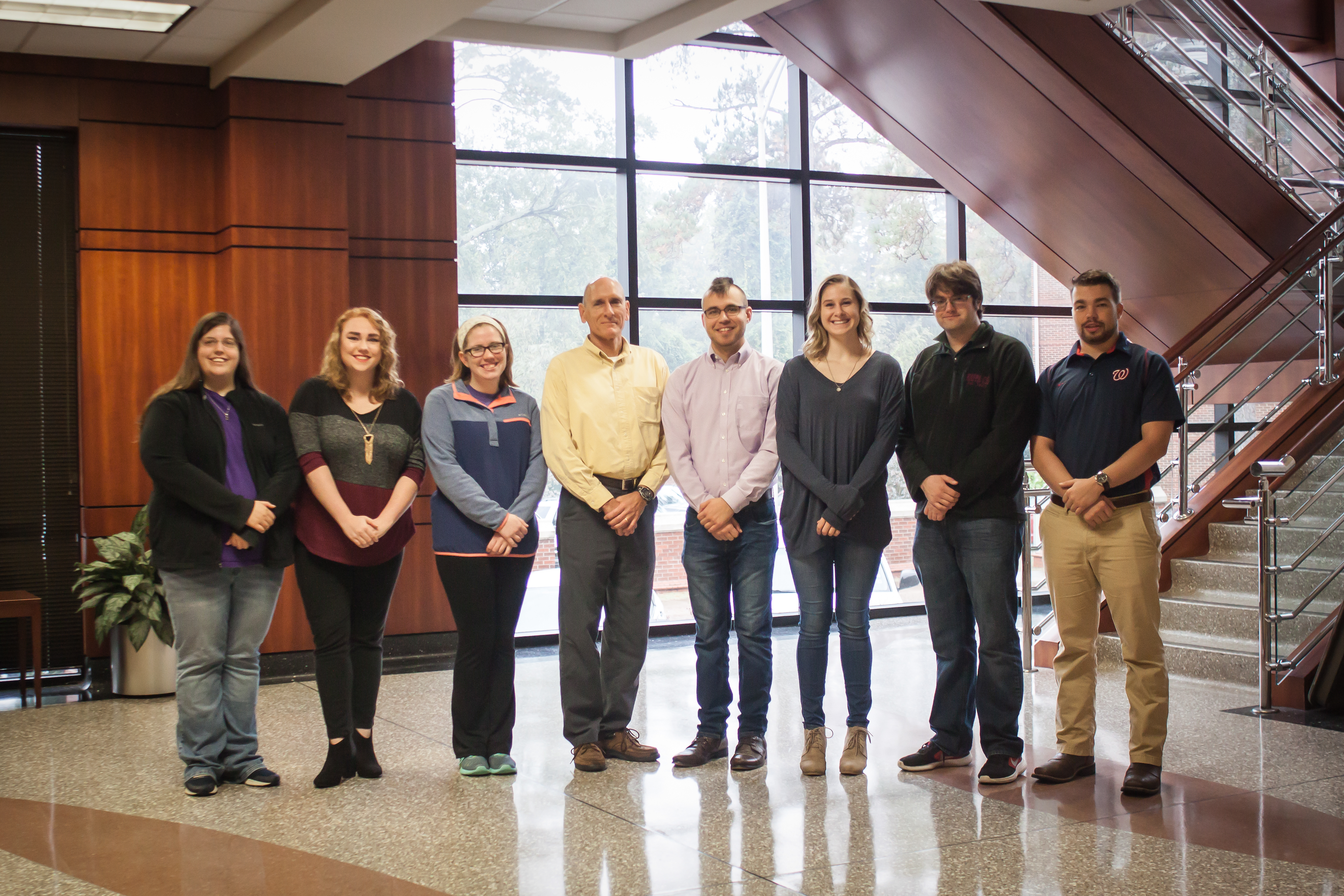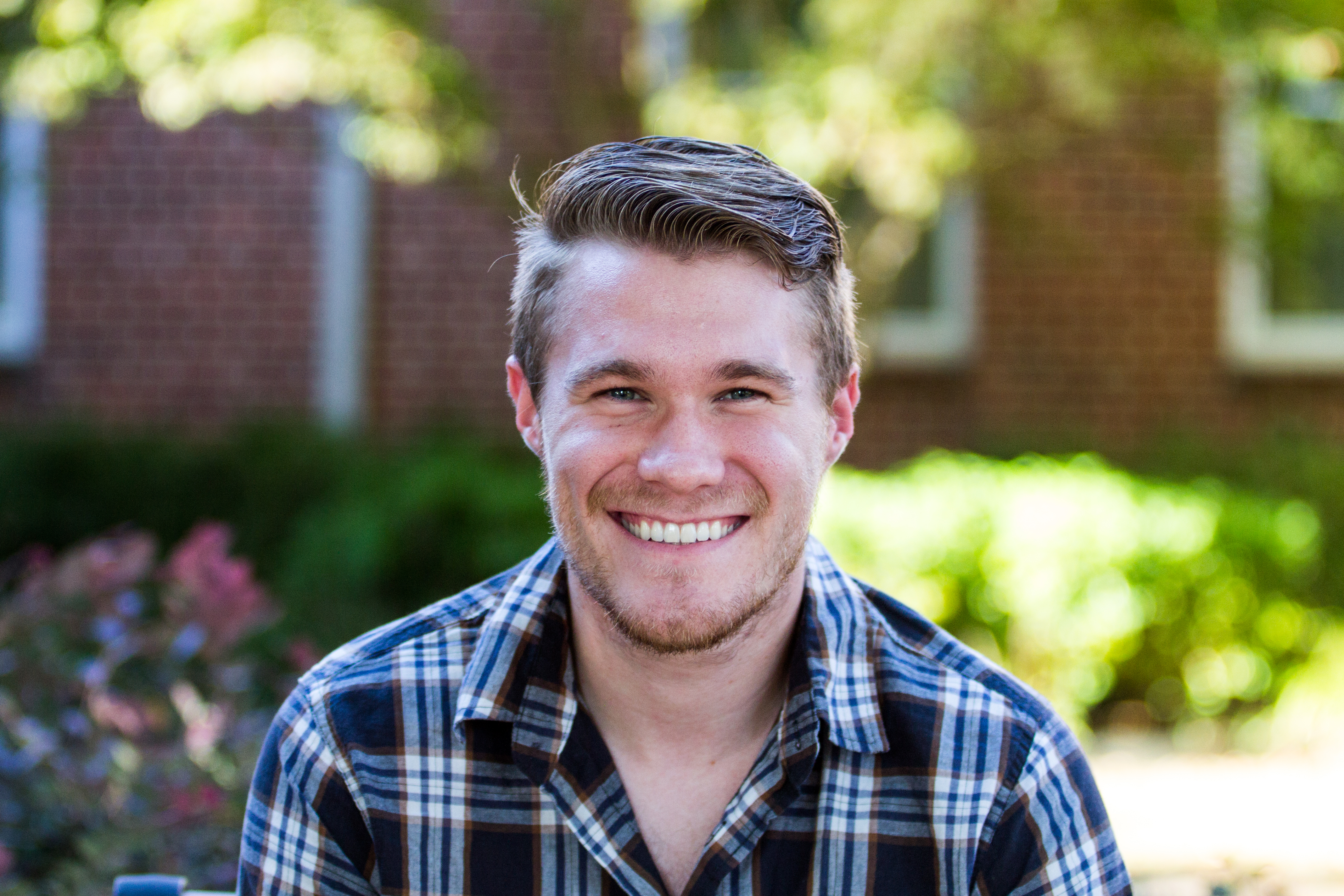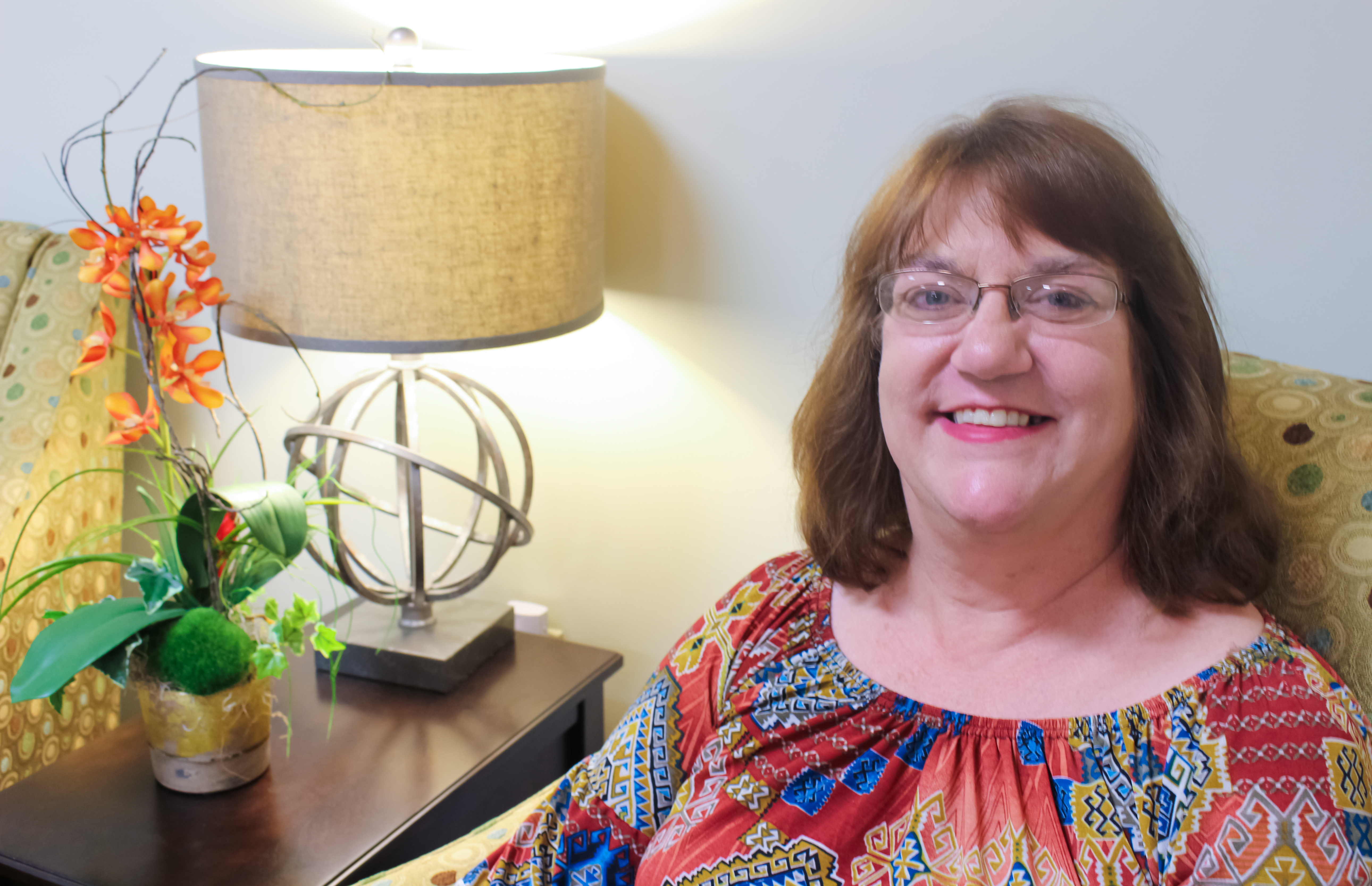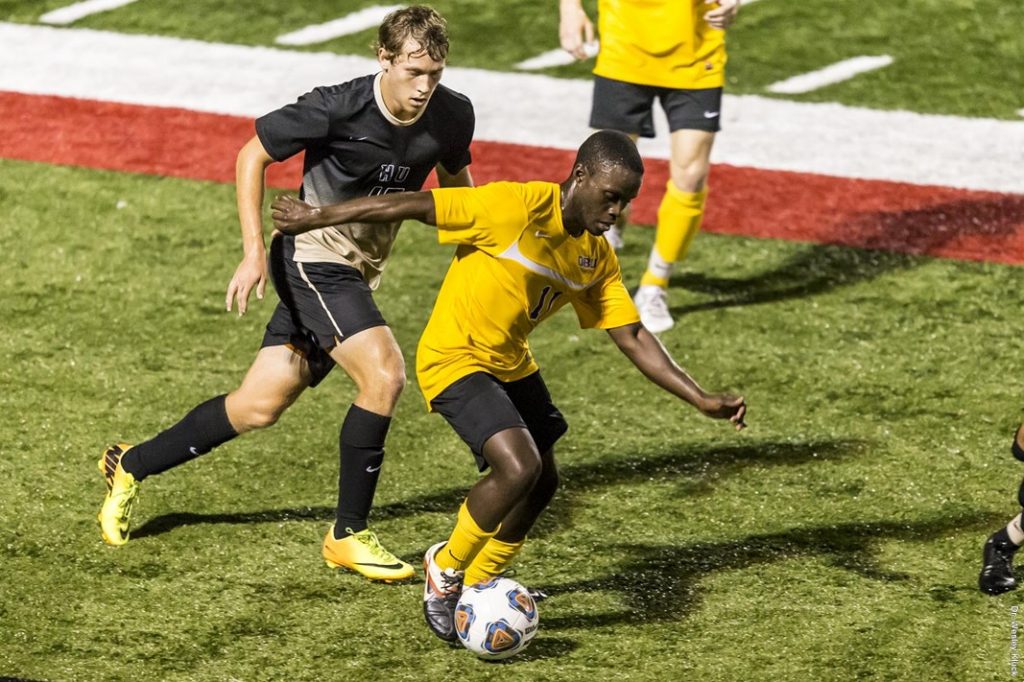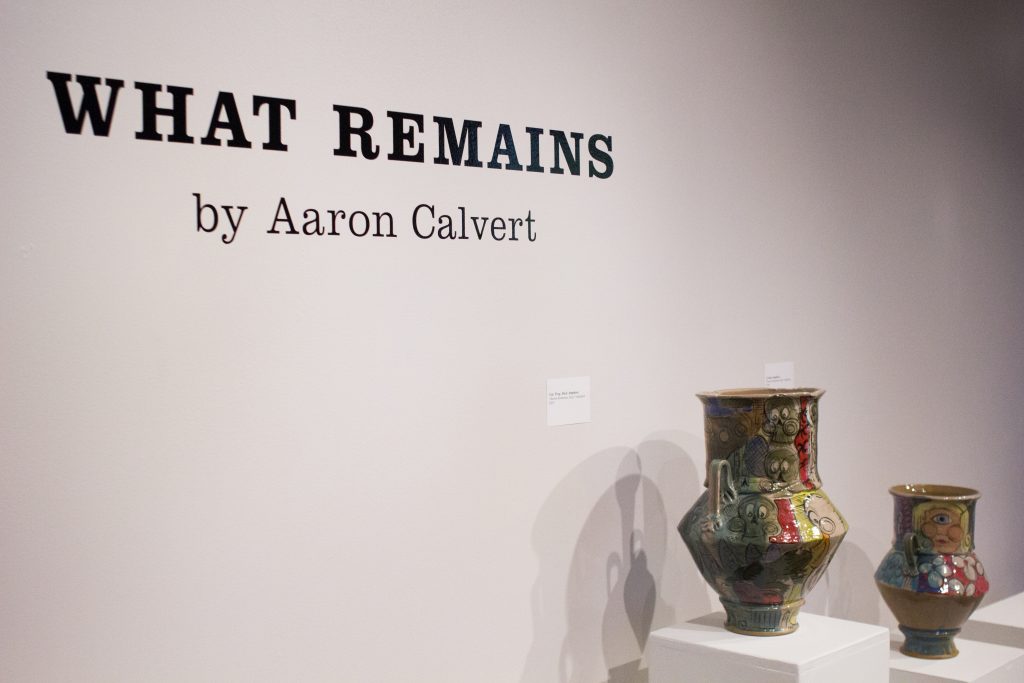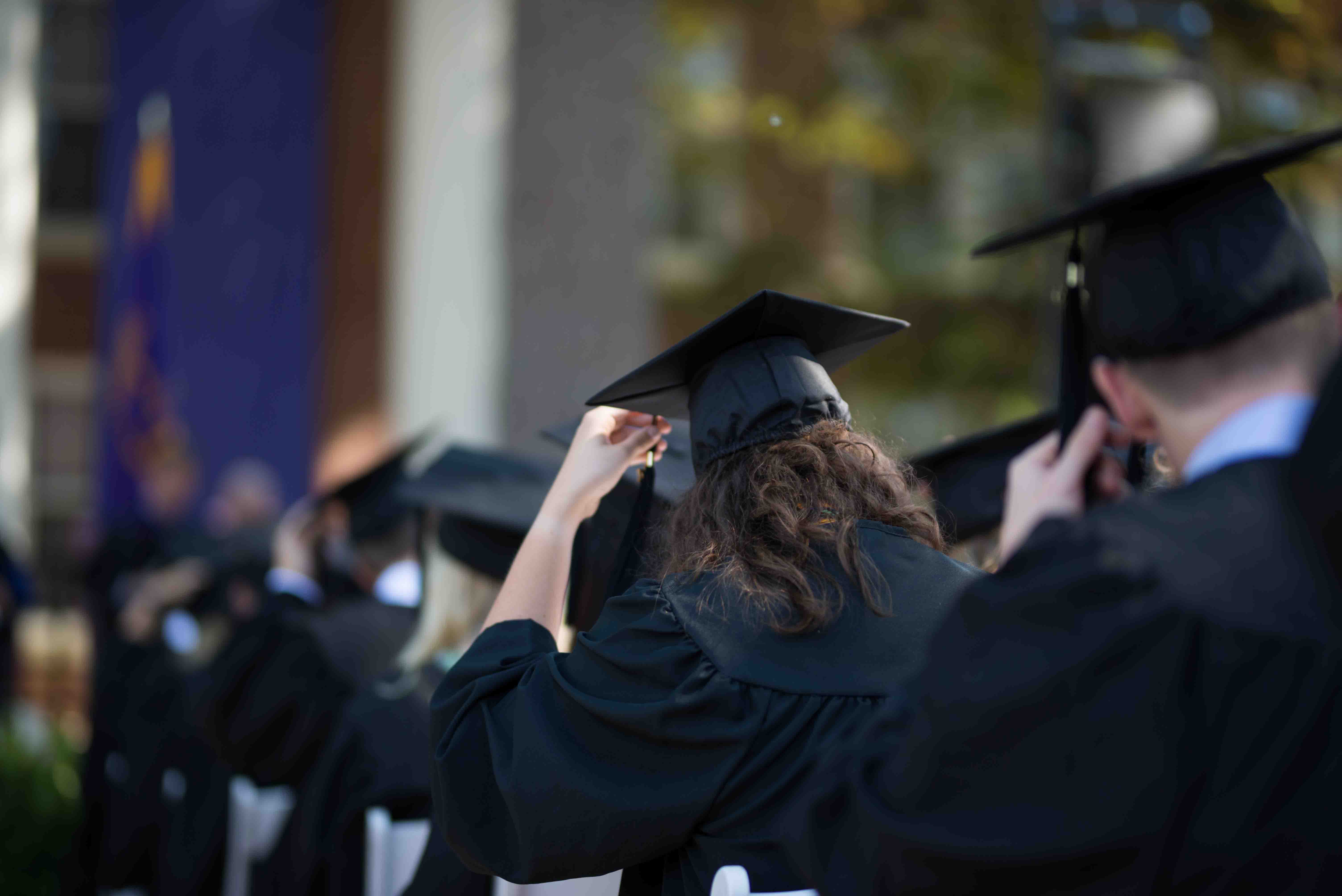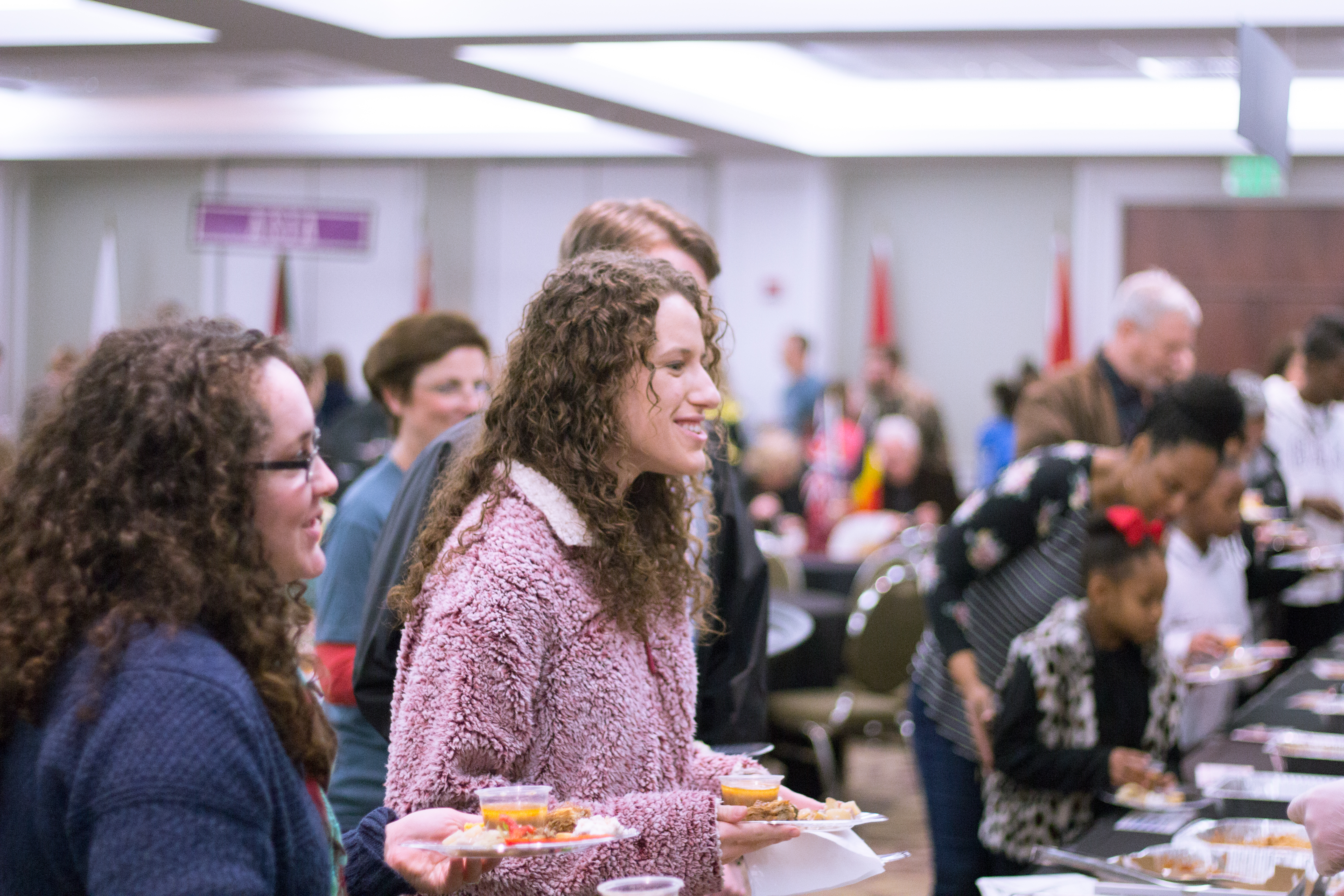A team of seven Ouachita Baptist University students will be travelling to San Antonio, Texas on Friday, November 12 to compete in a regional Ethics Bowl.
The Intercollegiate Ethics Bowl developed under the patronage of the Association for Practical and Professional Ethics (APPE), and over the past 20 years, has sponsored regional competitions in which college students engage in intellectual discussion on common issues facing the modern world. Teams of students are presented with a variety of cases and asked to address the ethical concerns or questions pertaining to each case.
According to APPE’s official website, “questions address a wide array of topics in business and professional ethics, in personal relationships, and in social and political affairs.”
According to Dr. Byron Eubanks, the faculty advisor for the team, Ouachita’s involvement in this process is relatively new. In the past, OBU has sent one team, as funding has proven challenging. Through funding provided by the Sutton Center for Integrity, Eubanks was able to cover the cost for seven interested students to represent Ouachita with two teams at this year’s regional competition.
According to Eubanks, the common goal is the “civil conversation.” While often considered a debate, the Ethics Bowl focuses primarily on social issues that are important to everyday people. Students are encouraged to conduct themselves in a professional and kind demeanor. While considered opposing teams, they often do not even have to disagree.
“It’s not a debate,” Eubanks said. “The other team does not have to take an opposing view. They just provide informed commentary.”
The procedure consists of a series of timed oral presentations by each team. A case is presented to the starting team, and they have 10 minutes to present a consensus view on the ethical concerns of the case. The second team is then given four minutes to provide “informed commentary,” whether that is comprised of concerns, questions or clarified information project collaboration software.
The first team then gives a response to the second team based on the questions presented. Following interaction between the teams, a panel of three judges are given 10 minutes to ask questions and listen to responses from the original team.
“Rating criteria are intelligibility, focus on ethically relevant considerations, avoidance of ethical irrelevance, and deliberative thoughtfulness,” the official website said.
The cases presented to the student teams have been studied and prepared throughout the semester. According to Michael Calhoun, a senior Christian studies and philosophy major from Cabot, the national ethics bowl competition assembles a list of cases, and each region chooses from that set.
“Some teams have a generalist approach, so everyone has a really good grasp of all the cases,” Calhoun said, “but our team, since we’re a little bit smaller, we tried to split up the cases and have each of us really focused on a few, and the rest of us have a general approach to the rest of the cases.”
Calhoun went on to say that most students conduct private research on their specific cases, allowing them to become the lead for that case, but they also present their findings to the team for the sake of coming to a consensus.
According to Eubanks, the goal of this is to “think as an educated person about ethical cases.” While many who participate are philosophy majors, Eubanks said that participation is largely interdisciplinary.
“What we’ve done in preparation is to look at common ethical concepts that are likely to be relevant in these cases, what are a few ethical theories that are likely to come up, and then spend some time researching these cases,” Eubanks said. “What is showing up in the news, what are people saying. [We] try to develop a position after considering a range of alternatives.”
He went on to say that a large, professional vocabulary is not imperative, but some knowledge and research into ethical concepts and concerns is helpful.
According to Calhoun, the most beneficial part of being on an Ethics Bowl team is learning respectful ways to communicate with those who disagree.
“I think we often are intellectually rash in making a decision on beliefs without regard to our hearers,” Calhoun said. “Everyone would be benefited if we spent more time thinking things through and learn how to carefully state our opinion without painting with too broad of a brush.”
The two teams representing Ouachita will compete on Saturday, November 12 in San Antonio, Texas. If they place in the top four teams, they will be allowed to represent Ouachita at the national competition in Dallas, Texas, where 25 to 30 teams will compete for the title.
By Julia Williams, Copy Editor

